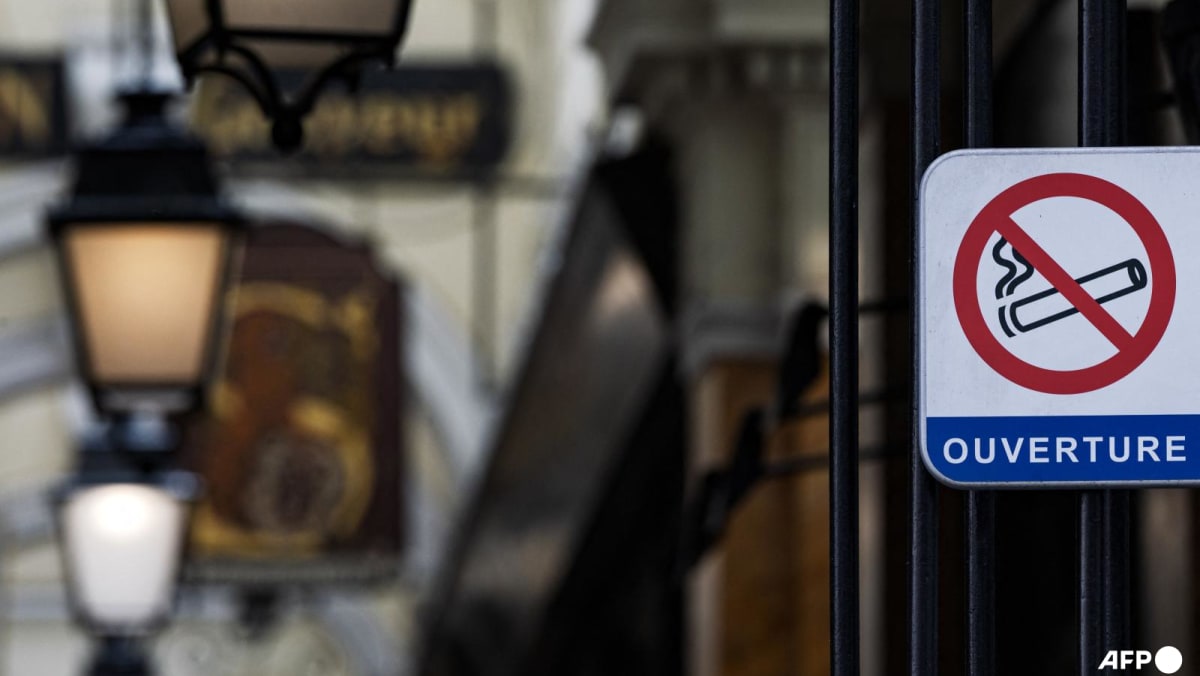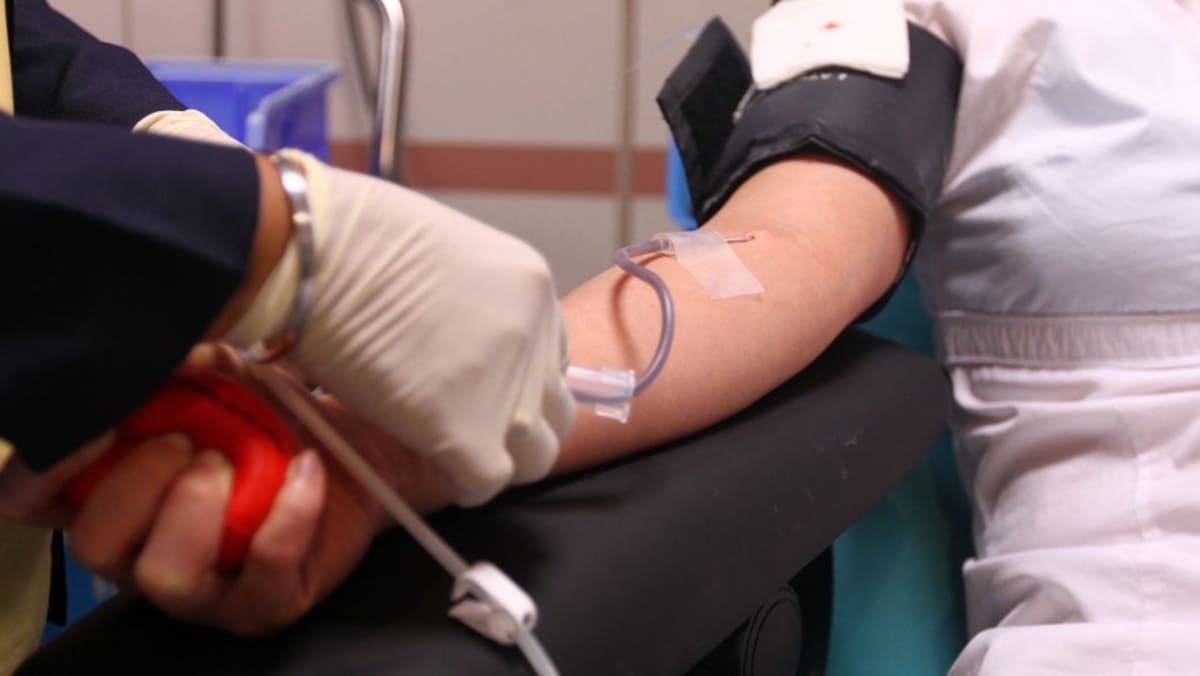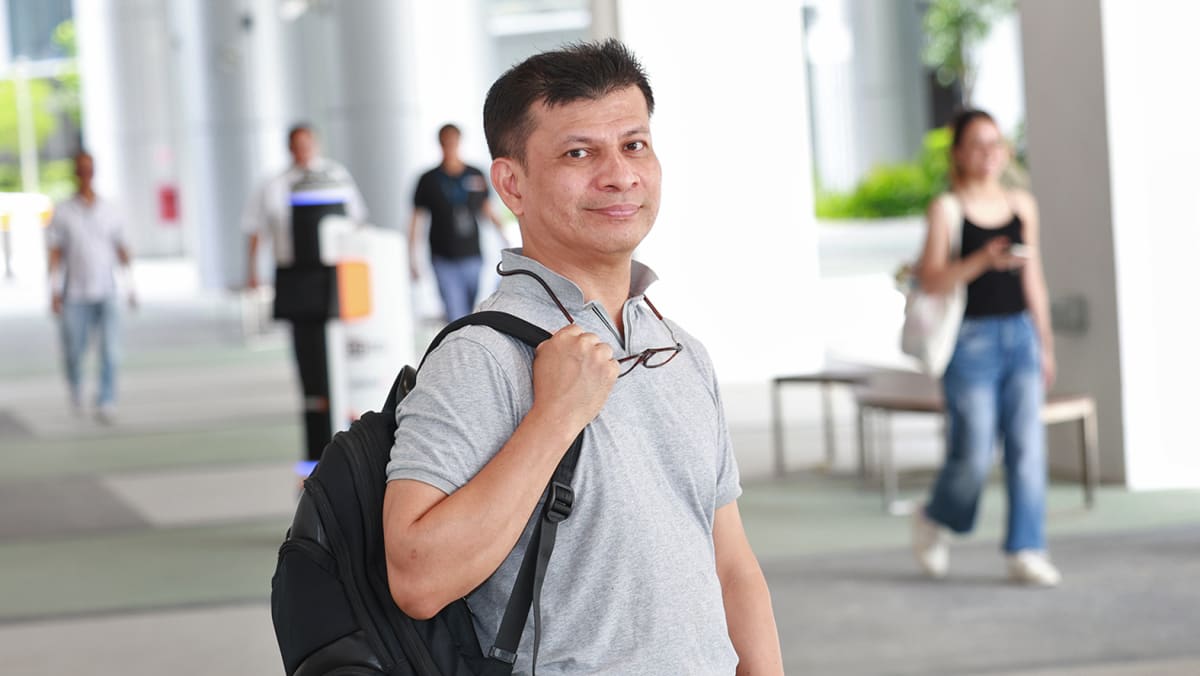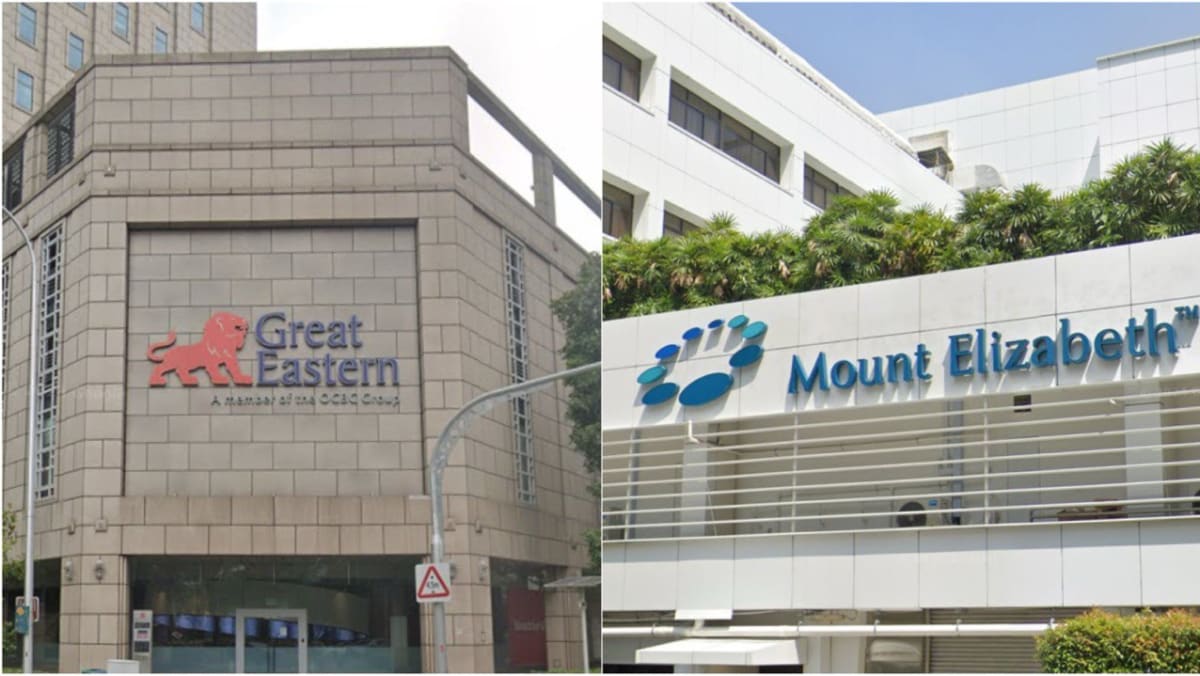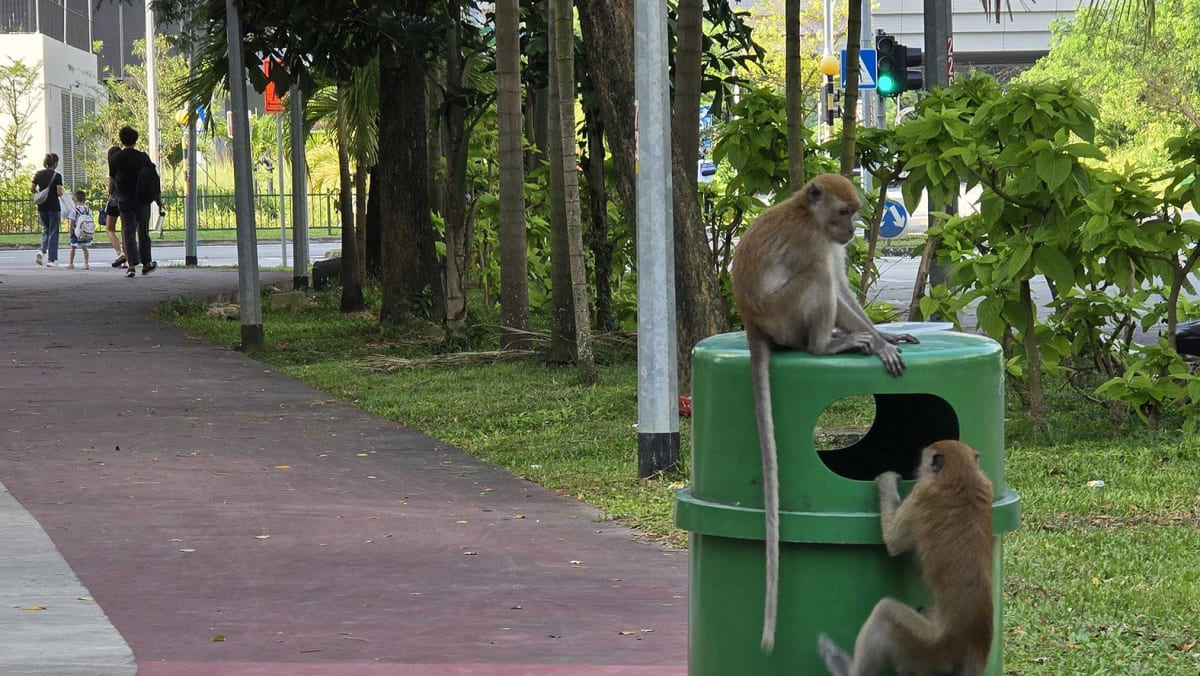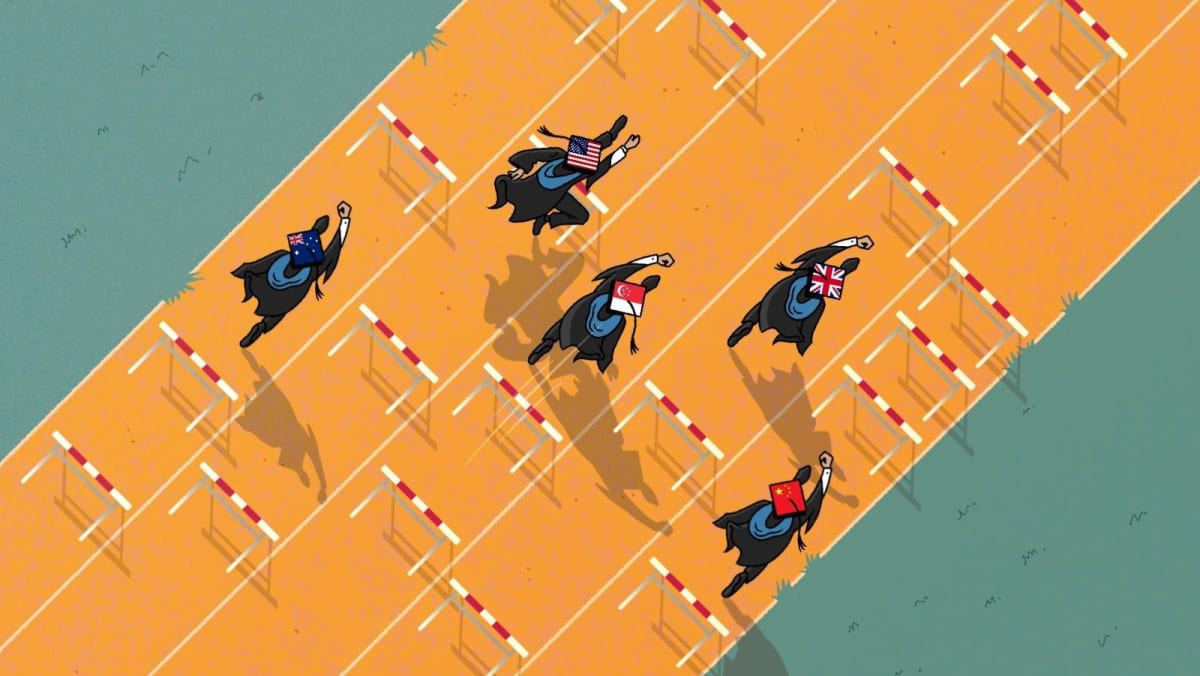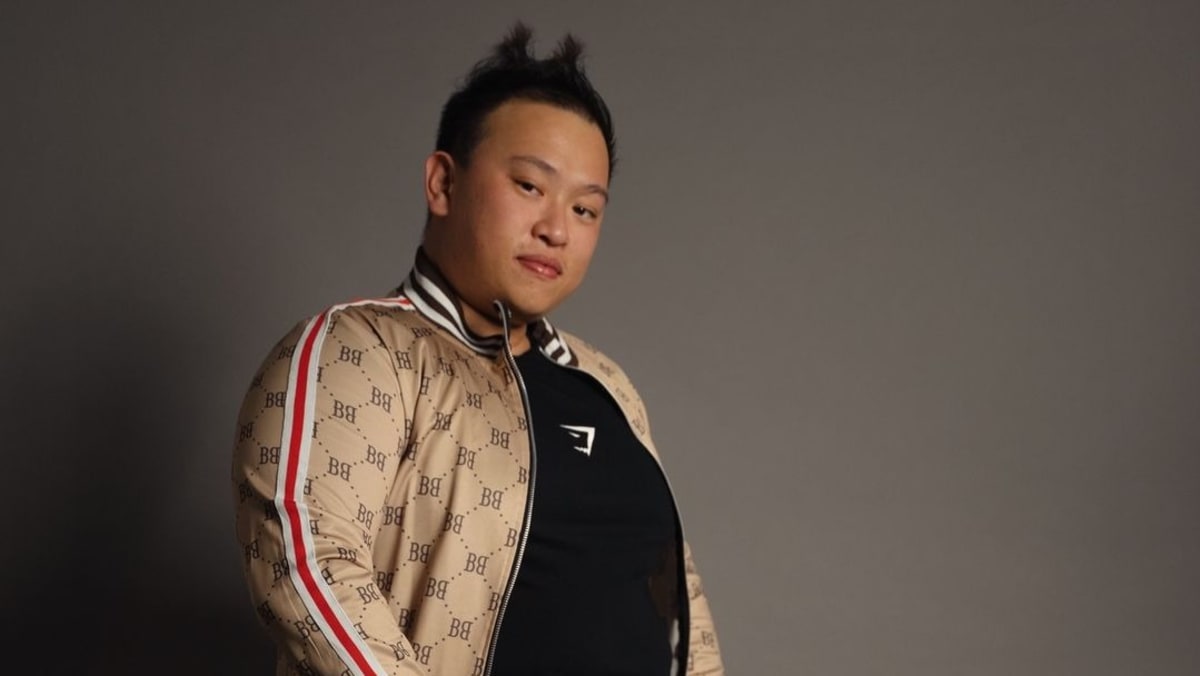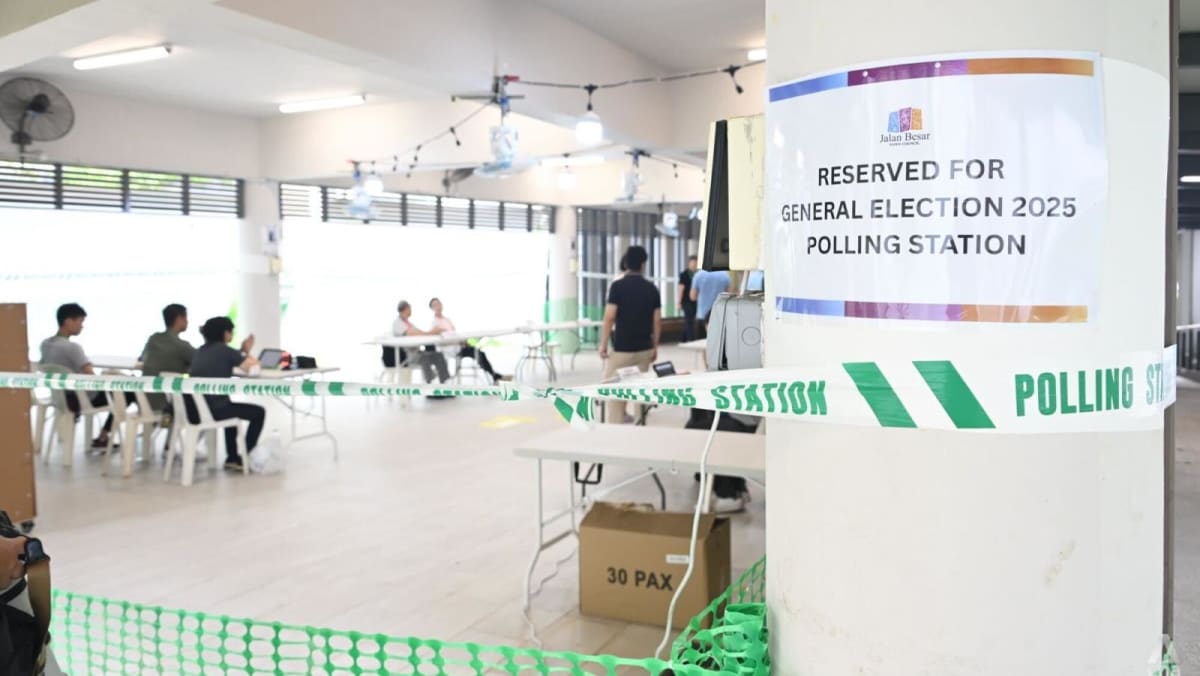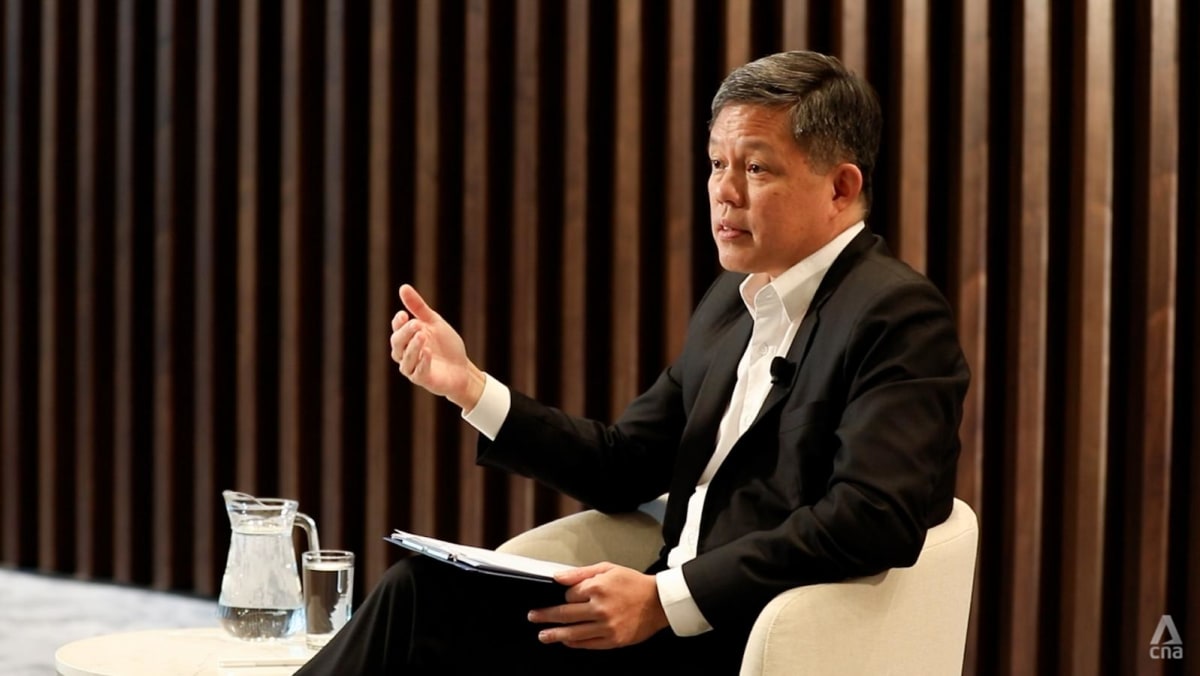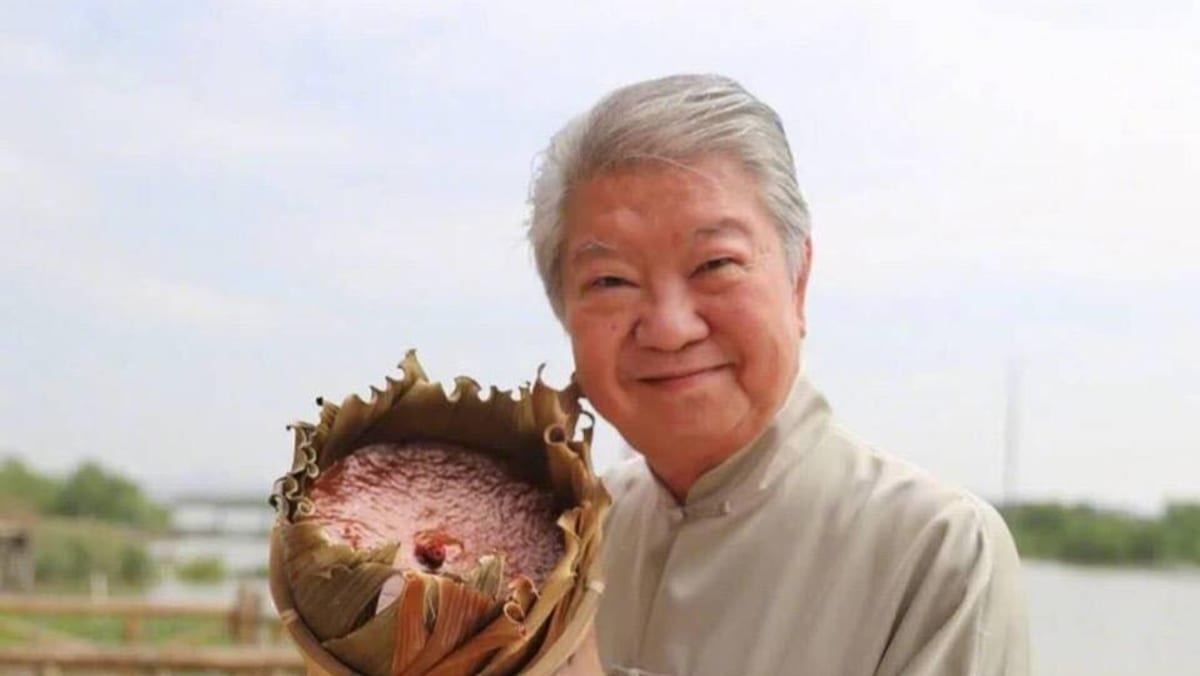SINGAPORE: In a move to expand Singapore’s pool of blood donors, the Health Sciences Authority will raise the maximum age for first-time blood donors from 60 to 65, Health Minister Ong Ye Kung announced on Saturday (June 28).
The rule relaxation, which kicks in on Jan 1, 2026, is aligned with longer life expectancy and better health in older age, said Mr Ong.
He also said local data showed that adverse donor reaction actually decreases with age among Singapore’s first-time donors up to the current limit of 60 years old.
“There is no reason to believe that once you cross 60 years old, suddenly the adverse reaction prevalence rate is going to shoot up,” said Mr Ong during an event at Marina Bay Sands marking World Blood Donor Day.
Currently, first-time whole blood donors in Singapore must be aged 60 or below. Repeat donors can donate until they are 65, or beyond if they meet health criteria and have donated recently.
Under the revised policy, healthy people will be able to donate blood for the first time until the age of 65, bringing Singapore in line with jurisdictions such as Hong Kong, Taiwan, Ireland, the Netherlands, South Korea and the United Kingdom.
BLOOD BANK CHALLENGES
Mr Ong, who is also the Coordinating Minister for Social Policies, noted that Singapore faces structural challenges in maintaining a stable blood supply.
An ageing population is driving up demand for blood products, while the pool of eligible donors is shrinking, he said.
The number of new blood donors has also declined, from over 20,000 in 2013 to around 18,000 in 2024.
At the same time, demand is rising, said Mr Ong. Last year, more than 35,000 patients in Singapore received blood transfusions, which are needed for surgeries, cancer treatment and childbirth complications.
“Each blood donation saves up to three lives,” said Mr Ong. But if blood stocks run low, surgeries will be postponed, treatments delayed and lives could be at risk, he warned.
Singapore also contends with seasonal fluctuations in supply, with donor numbers falling during festive periods, school holidays and long weekends when many travel overseas.
Early last year, Group O blood stocks in Singapore dropped to critical levels as the country’s stockpile stood at less than six days’ worth of blood.
A personal appeal by Mr Ong, he said, resulted in the blood stock rising by almost 2.3 times in a week.
Mr Ong said that this experience showed how people are willing to step forward, adding that authorities would work to make donation more convenient, and to minimise rejection of willing donors.


